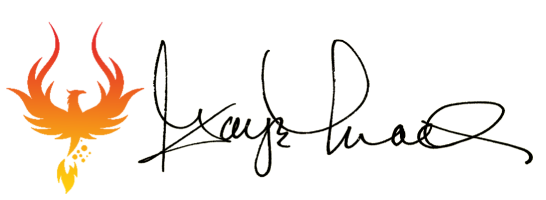Guilty as charged….it’s been months. Well exactly, sort of, four months since my last post but I’m trying to mend my delinquent ways! I won’t even bother with listing excuses here as they aren’t any different than anyone else who writes blog posts and falls off the wagon!
So, going forward, I wanted to write about the dreaded editor…again. And, if I continue to survive my own editor as I work on the second book of my historical fantasy trilogy, Flight Through Time, I’ll see you at the end of February, if not before!
EDITORS…the love/hate relationship for every writer. Woe to the writer, especially a new writer who thinks they don’t need an editor or believes their aunt Edith or best friend Shirley can do the job. They can’t. Simple as that. Why?
Because as a writer you need someone who isn’t primarily invested in your friendship, but IS primarily invested in you producing the very best piece of work you can, so it won’t go the way of the ever-present, “sorry this isn’t for us” agent or publisher’s rejection email, letter or ‘slush pile’. Beyond this, there’s a reason that even publishers have in-house editors.
In the course of writing for publication over the last 20 years, I’ve always relied on an editor to save me from myself(blogging the exception)! If you find an editor with whom you can work, they are worth their weight in gold and their fees! This said, Author and editor, C.S. Lakin has a wonderful blog for writers, Live, Write, Thrive, which I highly recommend. The following paragraphs have been extracted from a recent guest post of hers by author and editor, Blake Atwood, on this very subject of editors and is ‘well worth the read’. Pay particular attention to Atwood’s second point…it will serve you well.
… how do you get over that initial fear of sending your book to an editor, especially if you’re a first-time author?
First, realize what Steven Pressfield says is true: “The professional loves her work. She is invested in it wholeheartedly. But she does not forget that the work is not her.” Your book, even though it may feel like part of your soul, is not you. (This is helpful advice for when that first bad review is published too.) If you can learn early on how to separate yourself from your words, you will better serve your words, your writing career, and your emotional health.
Second, never look for validation from an editor. That’s not an editor’s job. In fact, an editor may never provide encouragement to you, at least not in the “I think this will sell millions” kind of way that your naive friends might offer. You’re not paying a professional editor in order to hear how awesome your book is. You’re paying him to make your book awesome. But to get to that point requires humility and a willingness to be shown where your writing is lacking. It requires knowing that you don’t know everything.
When warranted, some editors will provide encouragement. Such editors know what one of my friends in the publishing business said: “Editors are like good counselors. It may hurt to take the advice, but it’s worth it.” Being edited isn’t easy, but it’s what you have to do if you want your book to have the best possible opportunity of being read and selling.
Lastly, when you get back a manuscript that’s riddled in red from an editor, don’t see that as evidence you should stop writing. View it as a testimony to the fact that you’re a professional writer seeking professional help so you can produce a professional piece of art.
Today, if you have a suspicious view of editors, change your mind-set and begin considering editors the way poet and author Blake Morrison suggests: “Editing might be a bloody trade. But knives aren’t the exclusive property of butchers. Surgeons use them too.”
CATHAR MEMORIAL AT MINERVE, FRANCE
You can also follow me on:
https://www.facebook.com/gayemackauthor, https://www.twitter.com/gayemack, https://www.plus.google.com
https://www.linkedin.com, https://www.pinterest.com/gayemack5

